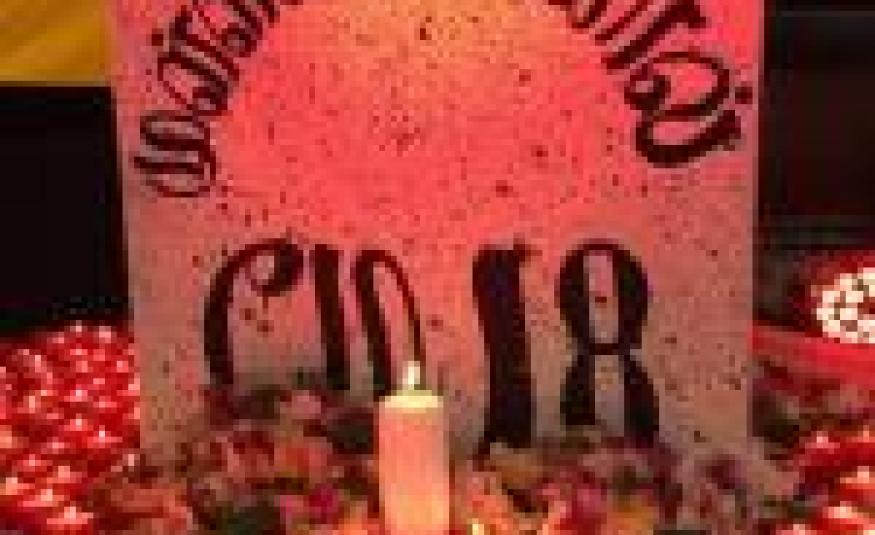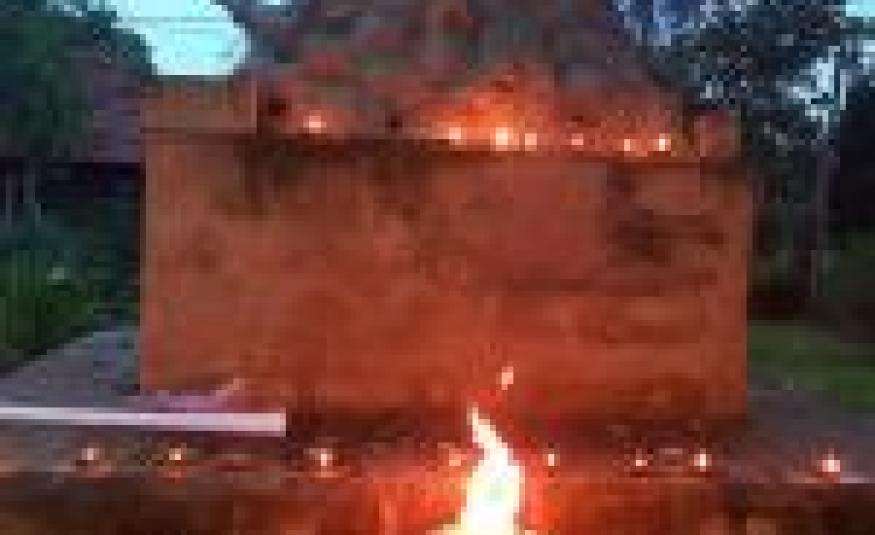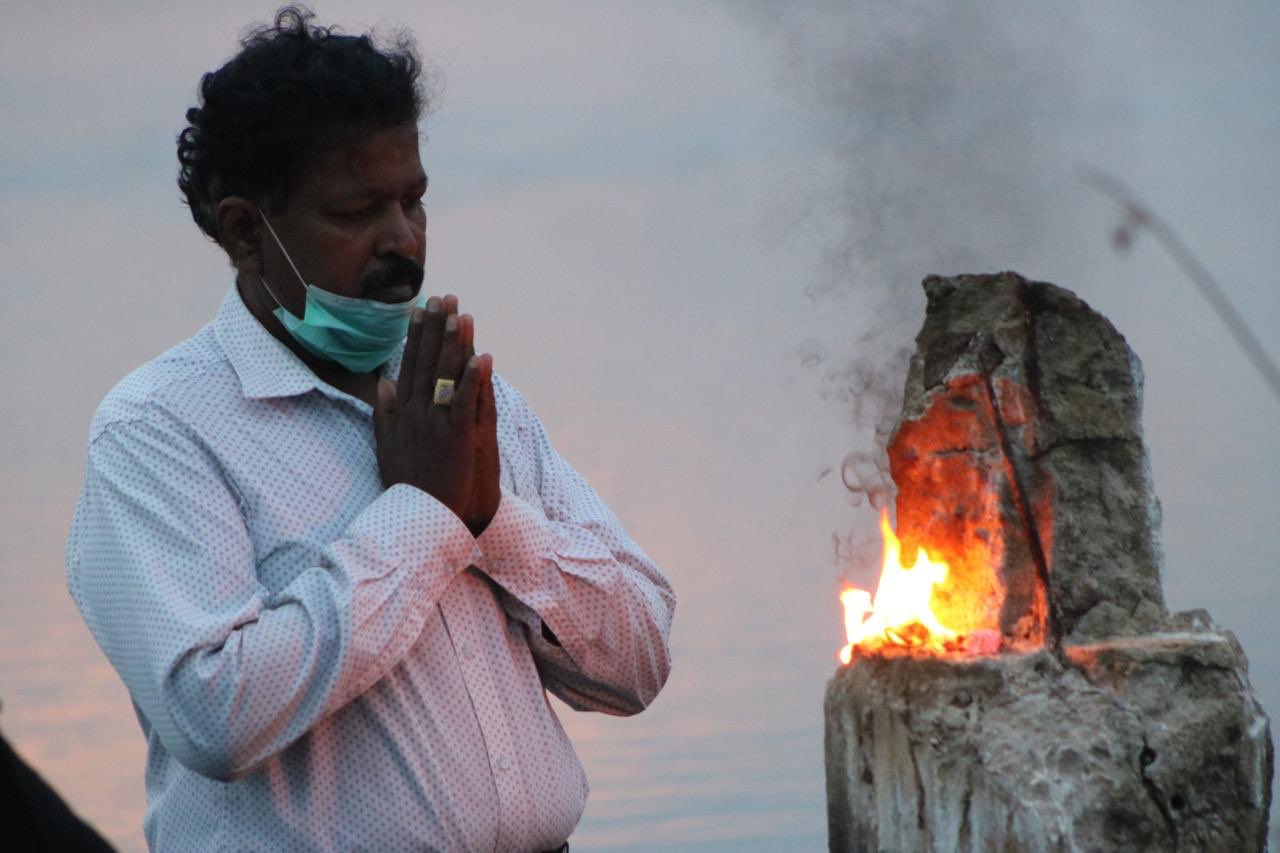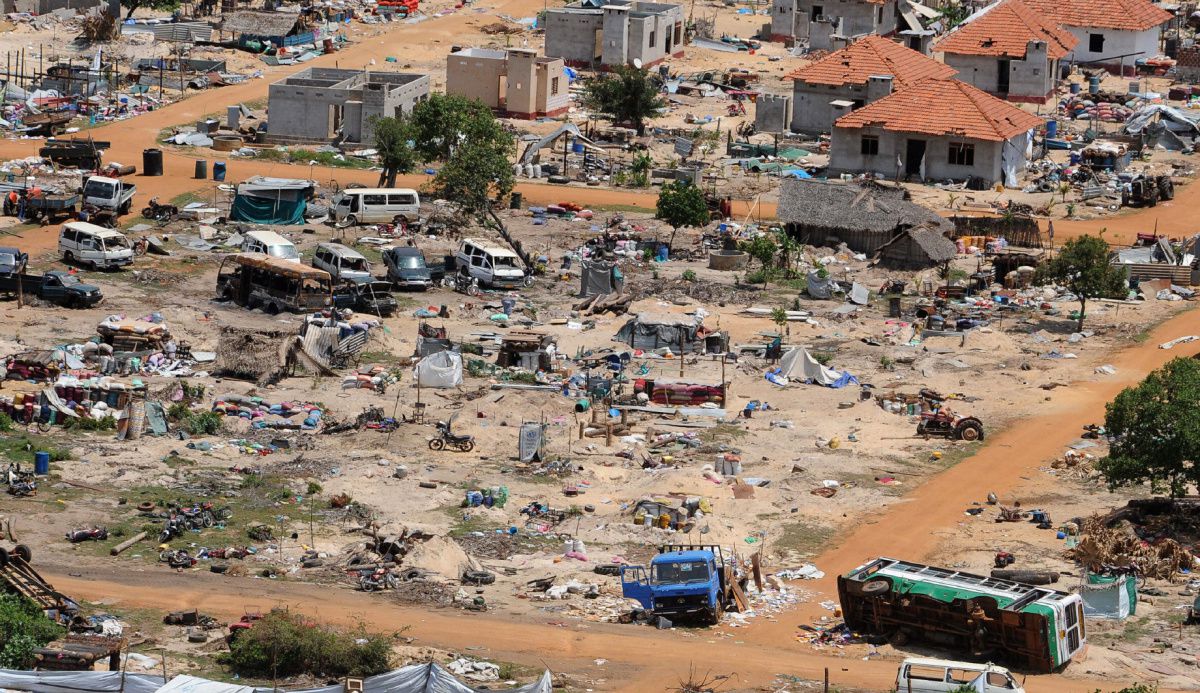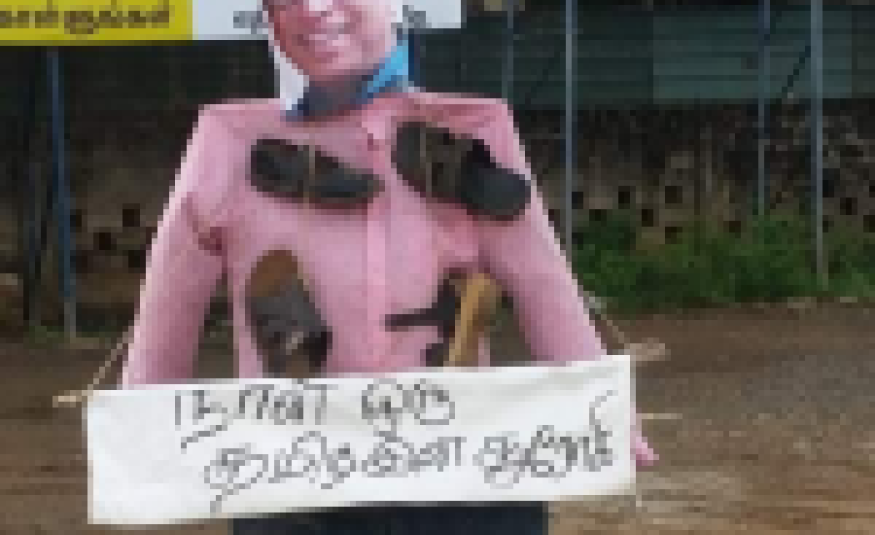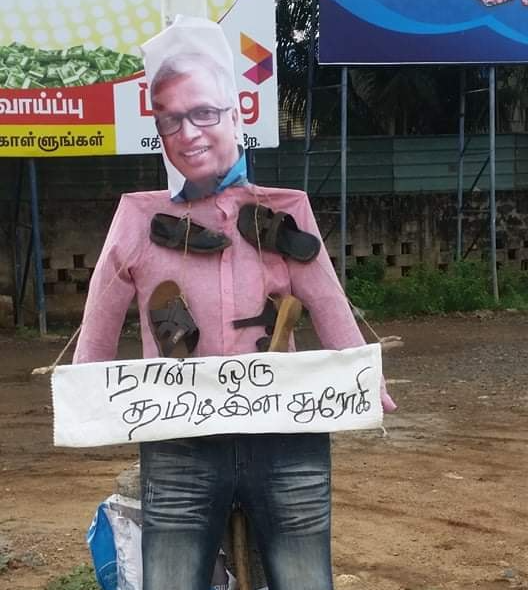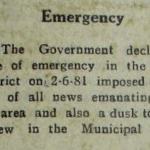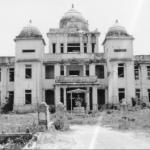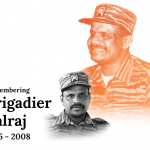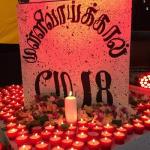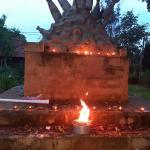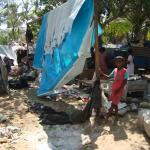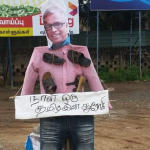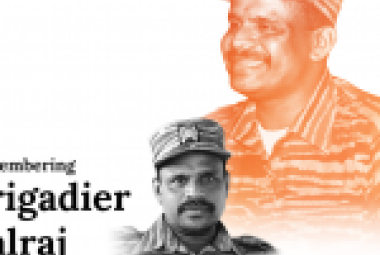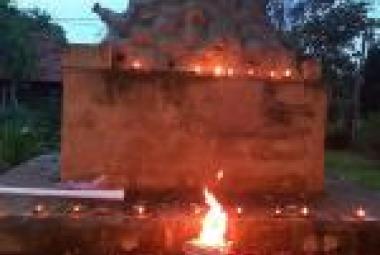Self-Quarantine: Ponnaveli Village, Population One'
Sellaiah Rashanayagam has "been the sole resident of his village since Sri Lanka's civil war ended in 2009- and he doesn't plan to leave anytime soon," writes Vijayatharsiny Vijayakumar for Global Press Journal.
"When the Sri Lankan civil war ended in 2009, the nearly 200 residents who called this village home chose to leave. They relocated to cities and towns where they would have better access to hospitals, shopping centres and jobs. But Sellaiah Rashanayagam, 67, chose to stay."
"Now, more than a decade later, he's still the lone resident of Ponnaveli, a village in Sri Lanka's northern province. The coastal village was destroyed during the war. Still, Rashanayagam says he refuses to leave and he doesn't want to open up the village to others either. He wants to preserve the village's Tamil name and farming traditions."
"His solitary lifestyle is a political statement. And it's evidence that tensions between Sri Lanka's Sinhalese, and mostly Buddhist majority, and the Tamil, mostly Muslim minority, still run deep."

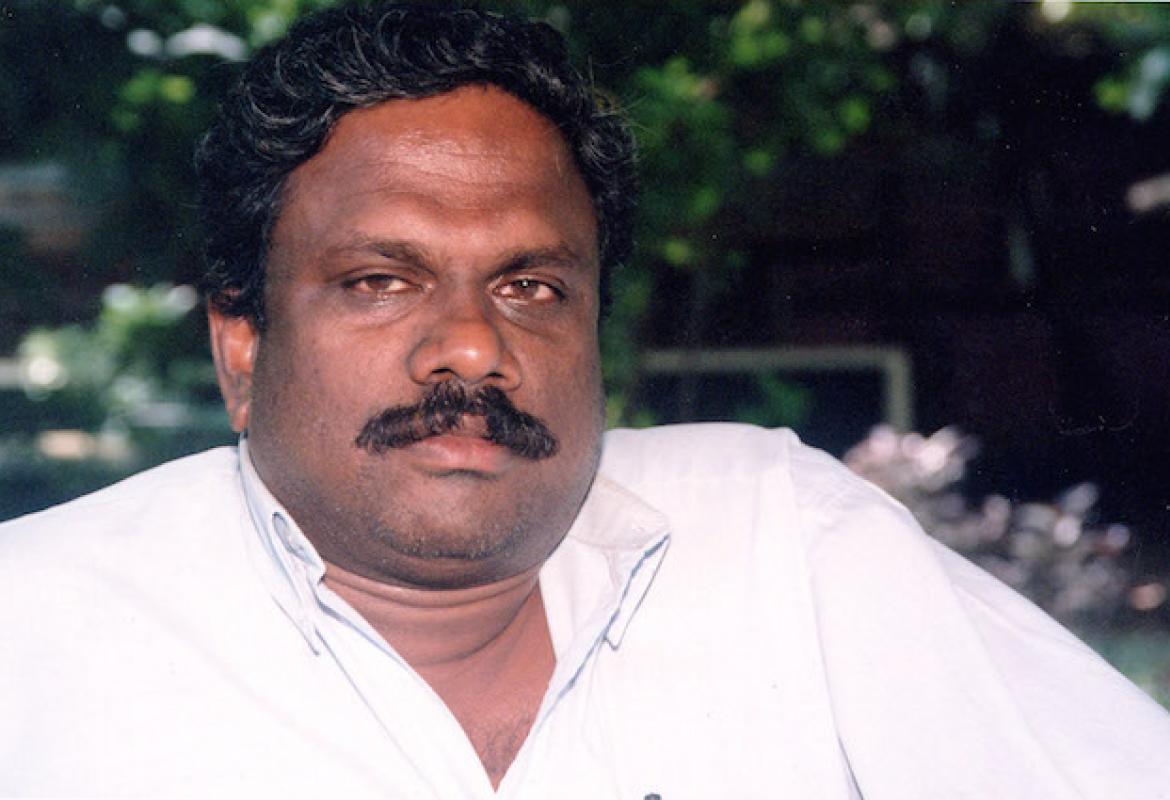

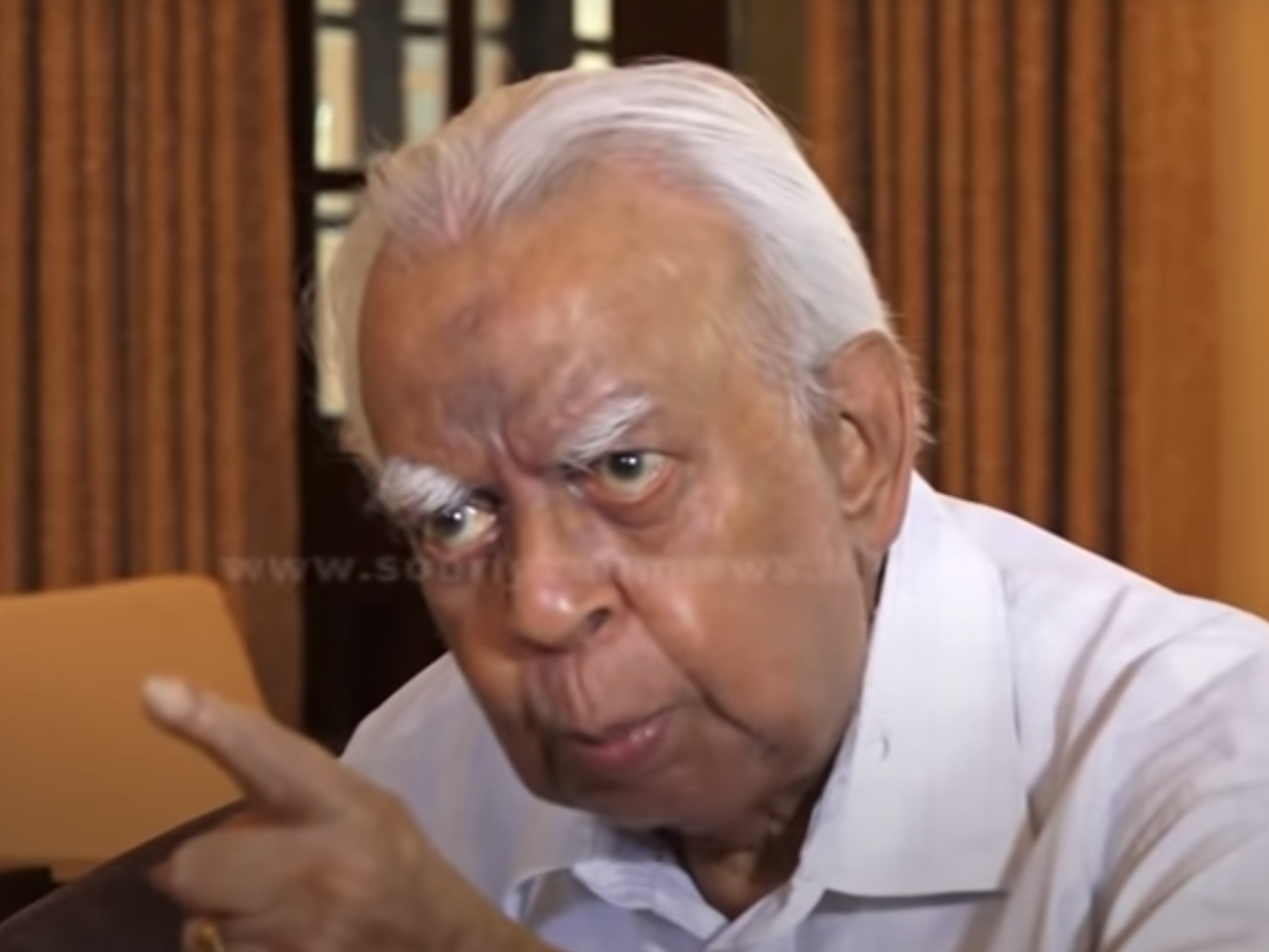
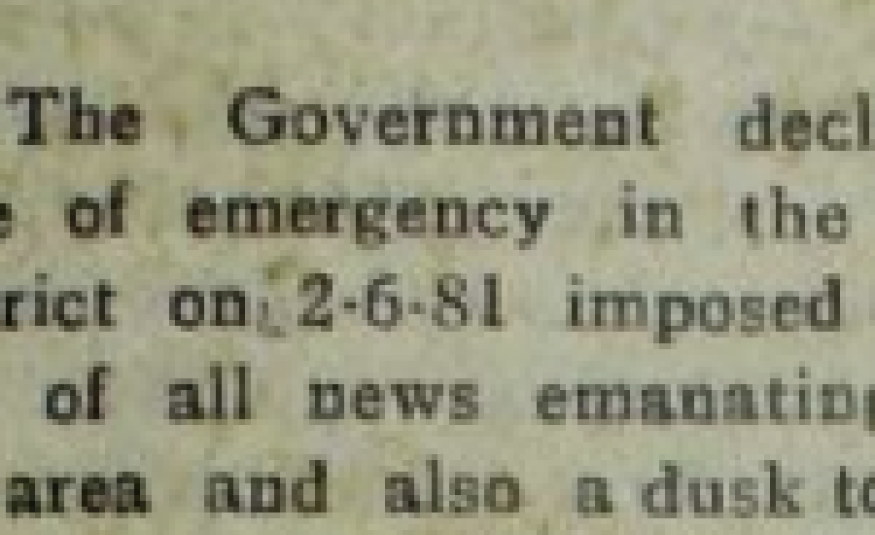
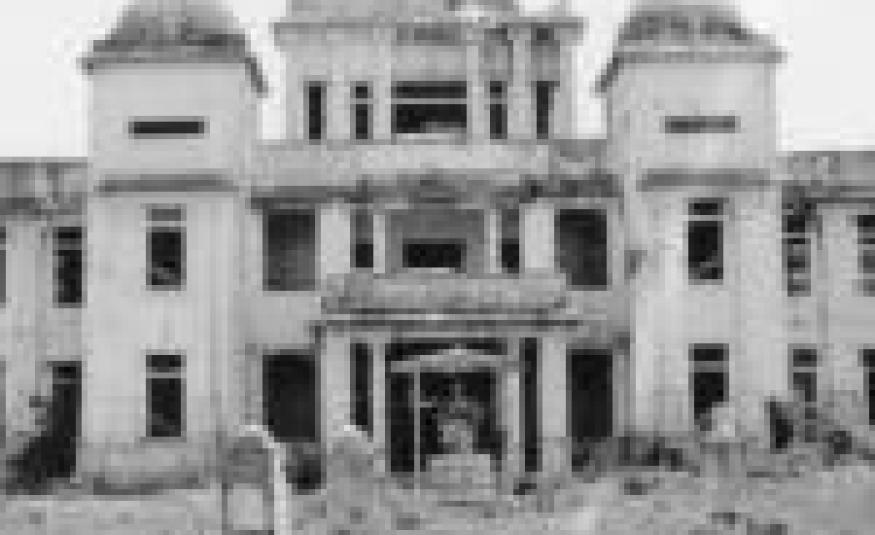
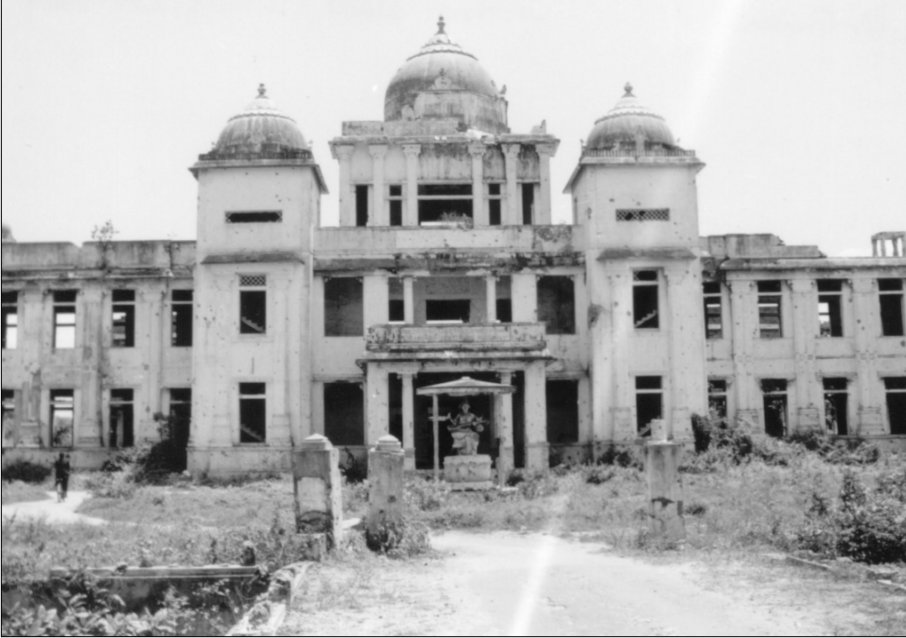
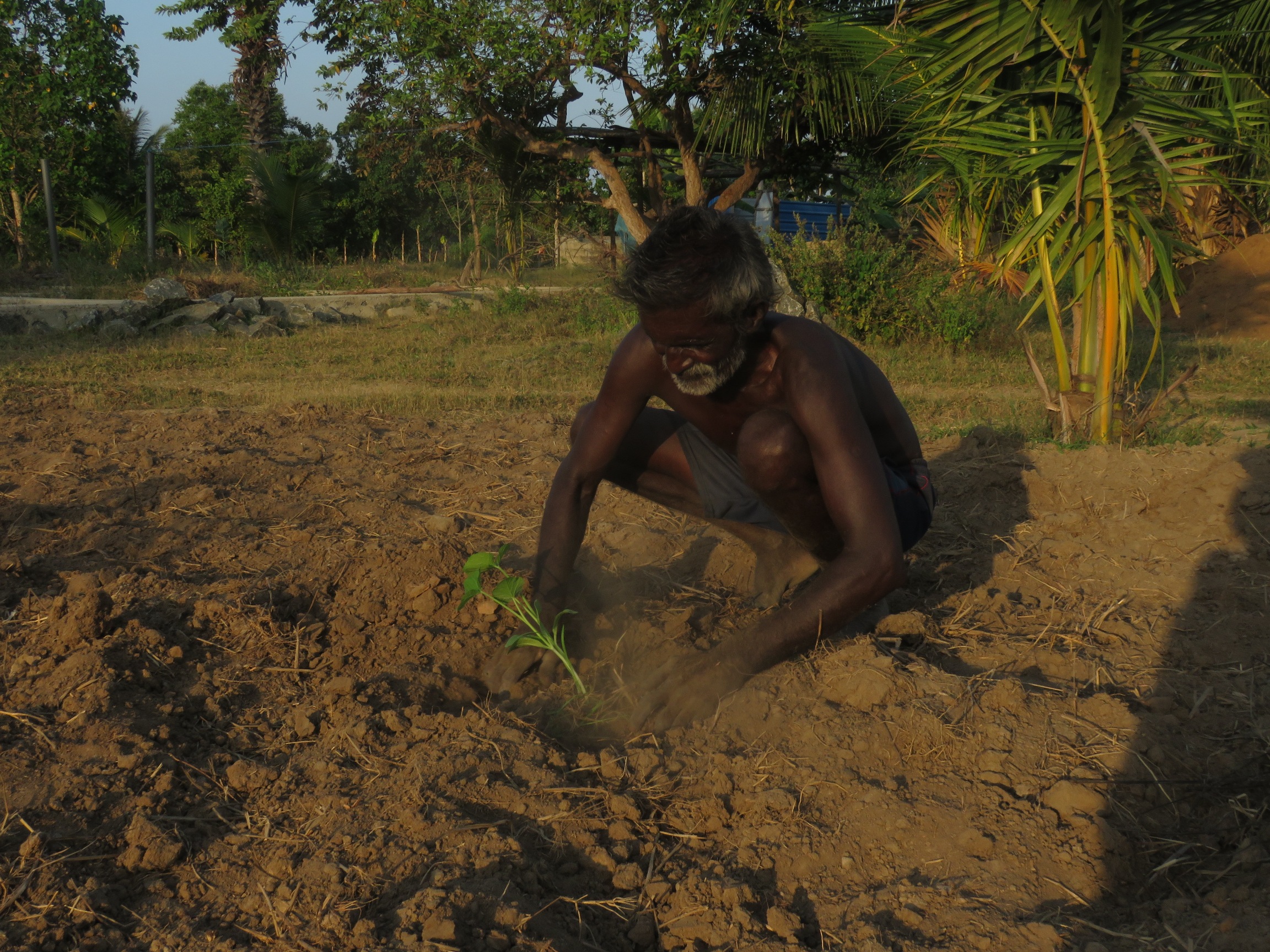
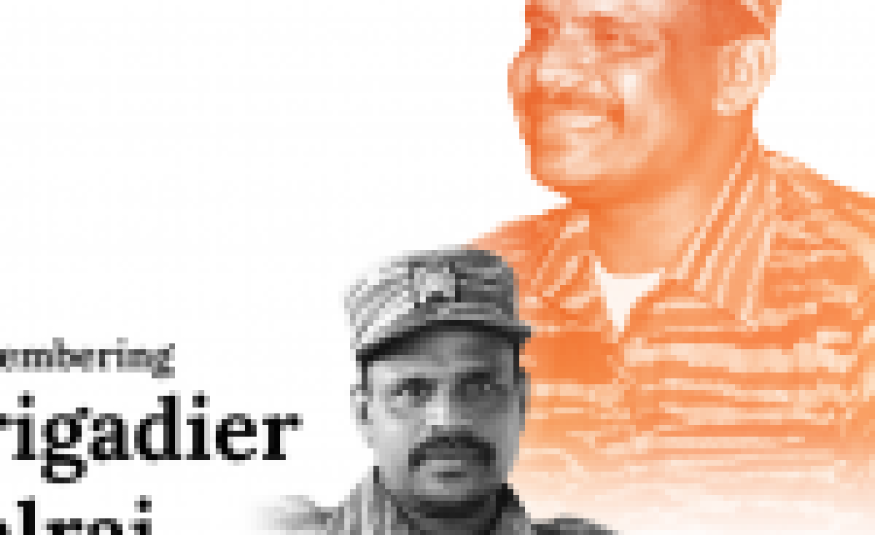
.png)
